
Oh Blanche…
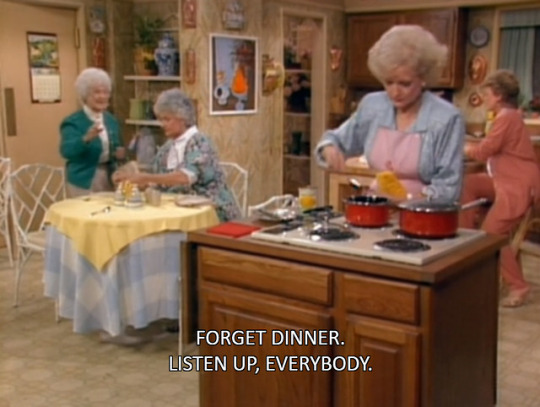






Hmmm…


DUNE in 5 Minutes
…and why you should read it.
I love the animation.
Gratuitous Colin Farrell






366 (It's a Leap Year, Boys) Days of UNF: Day 48

366 (It's a Leap Year, Boys) Days of UNF: Day 47

A Certain Aesthetic





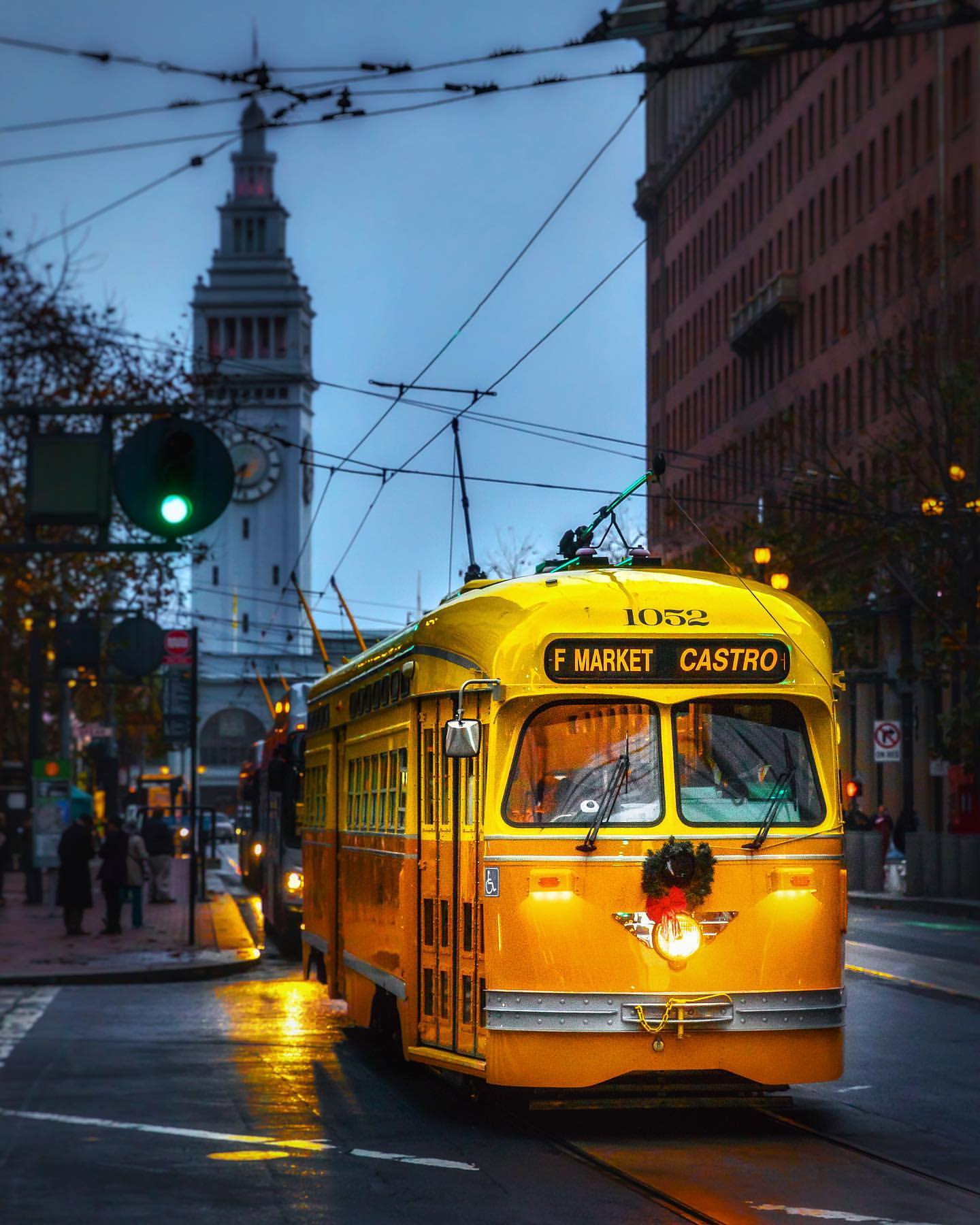




















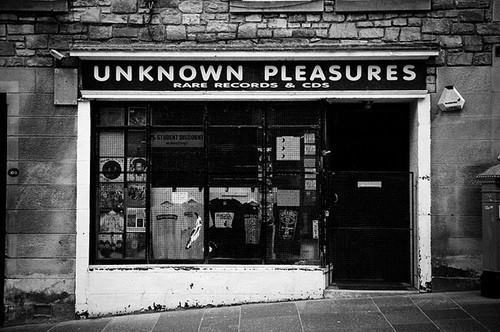












An Apt Metaphor
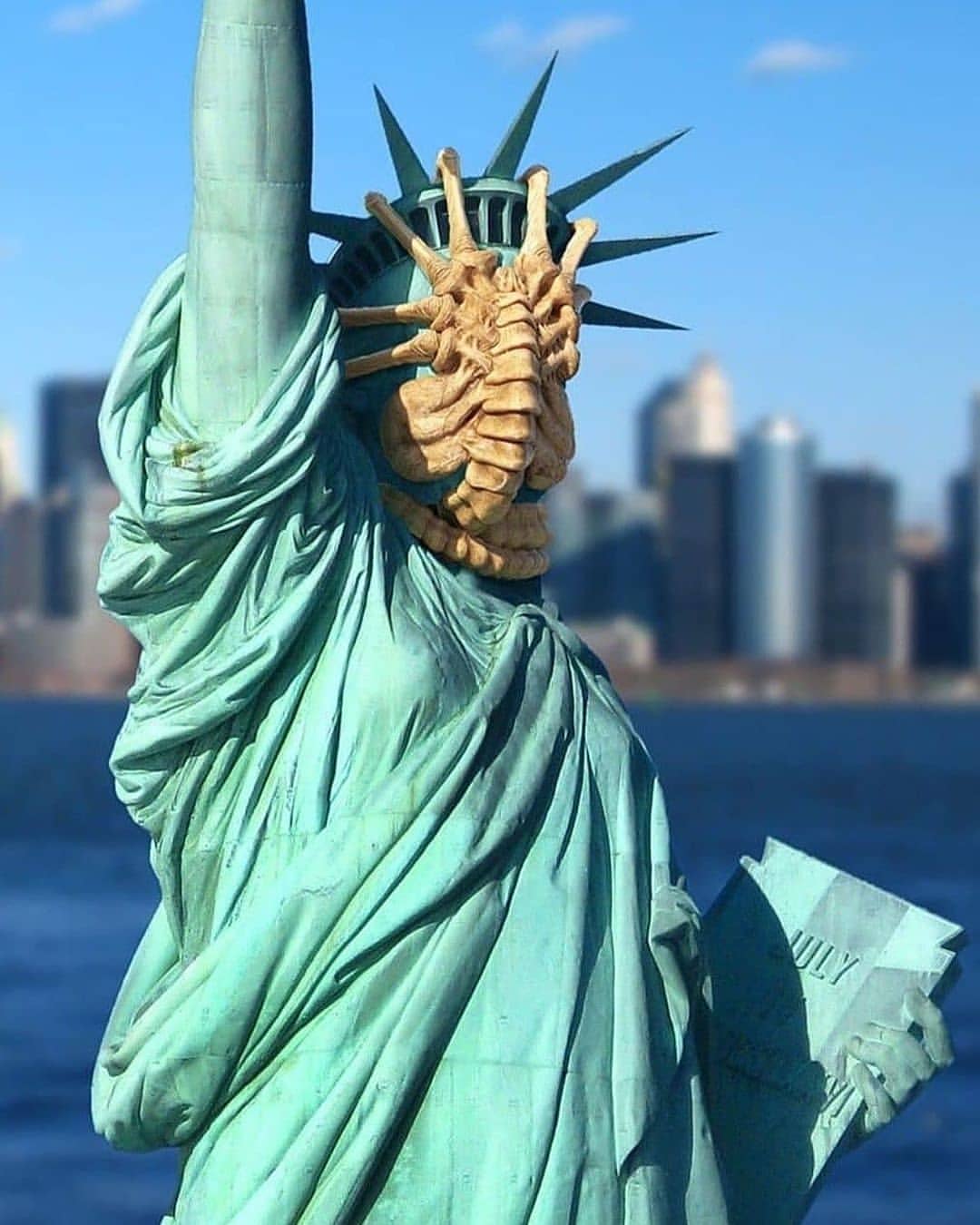
I forwarded this to a friend the other day and he replied, "I don't get it."
Turns out he has never seen a single film from the Alien franchise and has somehow managed to insulate himself from all cultural references to said franchise for the last 40 years.
I think it's far more likely he was just trolling me, because seriously…how can you not get the reference?!
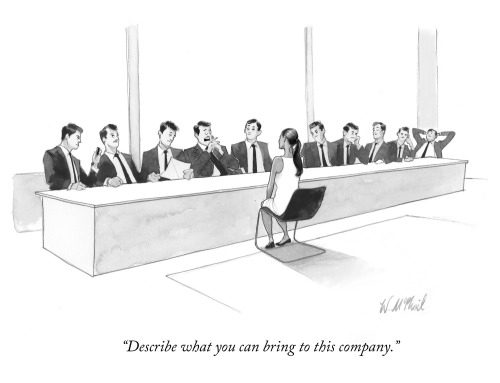
It's Not Just a Penis Extender
I don't know how I happened across it, but the other day I was reading an article about the imminent demise of the Chicago Auto Show, and the author was commenting about the rise of the large electric SUVs that seem to be the new paradigm of American automobiles. He linked to an article on VICE that I found very interesting.
Quoting at length from the original article:
The picture painted of prospective SUV buyers was perhaps the most unflattering portrait of the American way of life ever devised. It doubled as a profound and lucid critique of the American ethos, one that has only gained sharper focus in the years since. And that portrait is largely the result of one consultant who worked for Chrysler, Ford, and GM during the SUV boom: Clotaire Rapaille.
Rapaille, a French emigree, believed the SUV appealed—at the time to mostly upper-middle class suburbanites—to a fundamental subconscious animalistic state, our "reptilian desire for survival," as relayed by Bradsher. ("We don't believe what people say," the website for Rapaille's consulting firm declares. Instead, they use "a unique blend of biology, cultural anthropology and psychology to discover the hidden cultural forces that pre-organize the way people behave towards a product, service or concept"). Americans were afraid, Rapaille found through his exhaustive market research, and they were mostly afraid of crime even though crime was actually falling and at near-record lows. As Bradsher wrote, "People buy SUVs, he tells auto executives, because they are trying to look as menacing as possible to allay their fears of crime and other violence." They, quite literally, bought SUVs to run over "gang members" with, Rapaille found.
Perhaps this sounds farfetched, but the auto industry's own studies agreed with this general portrait of SUV buyers. Bradsher described that portrait, comprised of marketing reports from the major automakers, as follows:
Who has been buying SUVs since automakers turned them into family vehicles? They tend to be people who are insecure and vain. They are frequently nervous about their marriages and uncomfortable about parenthood. They often lack confidence in their driving skills. Above all, they are apt to be self-centered and self-absorbed, with little interest in their neighbors or communities.
The evolution of the SUV from rugged military cosplay to the vehicle for everyone can be seen in its most potent form with the H2, which sanded down the H1's rough edges while retaining the hulking figure and bestial attributes.
SUVs don't just cost society time. They cost lives. At the height of the original SUV boom in 2004, SUV occupants were 11 percent more likely to die in a crash than people in cars, according to the National Highway Traffic Safety Administration, despite the common conception that people in bigger vehicles are safer. According to the Insurance Institute for Highway Safety, from 1993-2003, car and SUV occupants in vehicles between one and three years old died at roughly similar rates; Bradsher explains in great detail this was because SUVs were inherently more dangerous due largely to deadly rollovers, but the higher position and stiffer frame of SUVs made them more dangerous to other road users, especially those in smaller cars, which evened out the death rate.
SUVs are more deadly for pedestrians, too. Last year, the Detroit Free Press revealed "the SUV revolution is a key, leading cause of escalating pedestrian deaths nationwide, which are up 46 percent since 2009," affecting minorities in urban areas at a disproportionately high rate. And that's without the threat of a silent Hummer accelerating to 60 miles per hour in three seconds.
Since then, SUVs have become safer for the people inside of them thanks to better design and a lower risk of rollovers. But they're still dangerous to others. Starting in 2004 and continuing through 2018, the most recent year for which data is available, car occupants die at more than double the rate of SUV occupants.
In other words, buying an SUV makes you more likely to kill other people, and yet people buy them in ever-increasing numbers. Rapaille's reptilian brain concept has surpassed marketing theory and become a real-world experiment about how much Americans value the lives of others: not very much.
The entire article is fascinating and worth your time, for it points out monster SUVs are not just basic penis extenders as generally believed, but also speak of a profound—for lack of a better word, sickness—in American society today; something obvious to anyone paying attention.
What REALLY Happened

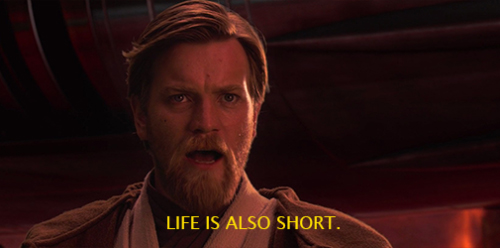


Tumblr? Have They Seen My Blog?

366 (It's a Leap Year, Boys) Days of UNF: Day 46

He's Not My First Choice…
…but I'm liking Mike more and more with each passing day, if only because he's getting under the orange Russian Wig Stand's skin and calling him out directly:
.@realDonaldTrump – we know many of the same people in NY. Behind your back they laugh at you & call you a carnival barking clown. They know you inherited a fortune & squandered it with stupid deals and incompetence.
I have the record & the resources to defeat you. And I will. https://t.co/fO4azmZaUg
— Mike Bloomberg (@MikeBloomberg) February 13, 2020
366 (It's a Leap Year, Boys) Days of UNF: Day 45

Life in 2020
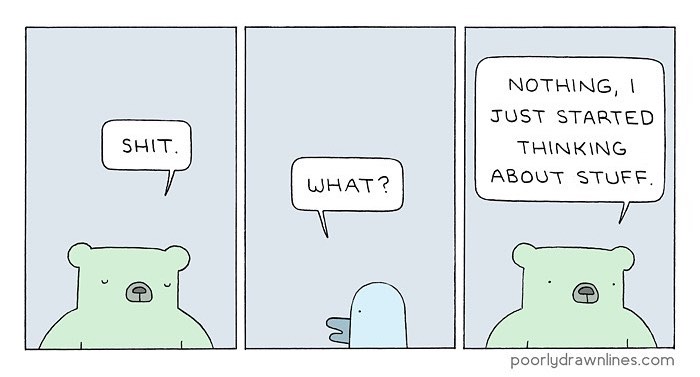

Okay, I know that technically this is a false narrative since there is no vaccine for the corona virus yet, but still, the sentiment resonated…
Triptych



Boys Will Be Boys

Reminds me of a certain area of the woods along the Russian River just east of Wohler Bridge back in 1988…
366 (It's a Leap Year, Boys) Days of UNF: Day 44

23 Emotions People Feel But Can't Explain
I may have posted this in the past—and frankly today I'm feeling too lazy to check—but it's worth a repost in any case…
- Sonder: The realization that each passerby has a life as vivid and complex as your own.
- Opia: The ambiguous intensity of Looking someone in the eye, which can feel simultaneously invasive and vulnerable.
- Monachopsis: The subtle but persistent feeling of being out of place.
- Énouement: The bittersweetness of having arrived in the future, seeing how things turn out, but not being able to tell your past self.
- Vellichor: The strange wistfulness of used bookshops.
- Rubatosis: The unsettling awareness of your own heartbeat.
- Kenopsia: The eerie, forlorn atmosphere of a place that is usually bustling with people but is now abandoned and quiet.
- Mauerbauertraurigkeit: The inexplicable urge to push people away, even close friends who you really like.
- Jouska: A hypothetical conversation that you compulsively play out in your head.
- Chrysalism: The amniotic tranquility of being indoors during a thunderstorm.
- Vemödalen: The frustration of photographing something amazing when thousands of identical photos already exist.
- Anecdoche: A conversation in which everyone is talking, but nobody is listening
- Ellipsism: A sadness that you'll never be able to know how history will turn out.
- Kuebiko: A state of exhaustion inspired by acts of senseless violence.
- Lachesism: The desire to be struck by disaster – to survive a plane crash, or to lose everything in a fire.
- Exulansis: The tendency to give up trying to talk about an experience because people are unable to relate to it.
- Adronitis: Frustration with how long it takes to get to know someone.
- Rückkehrunruhe: The feeling of returning home after an immersive trip only to find it fading rapidly from your awareness.
- Nodus Tollens: The realization that the plot of your life doesn't make sense to you anymore.
- Onism: The frustration of being stuck in just one body, that inhabits only one place at a time.
- Liberosis: The desire to care less about things.
- Altschmerz: Weariness with the same old issues that you've always had – the same boring flaws and anxieties that you've been gnawing on for years.
- Occhiolism: The awareness of the smallness of your perspective.
Quote of the Day
 Someday you will look back and know exactly why it had to happen." ~ Unknown (via quotemadness)
Someday you will look back and know exactly why it had to happen." ~ Unknown (via quotemadness)
366 (It's a Leap Year, Boys) Day of UNF: Day 43 (NSFW)

Forgotten Photos

Steve Golden (1957-1990)
Papago Park, Phoenix AZ, May 1983
Rant
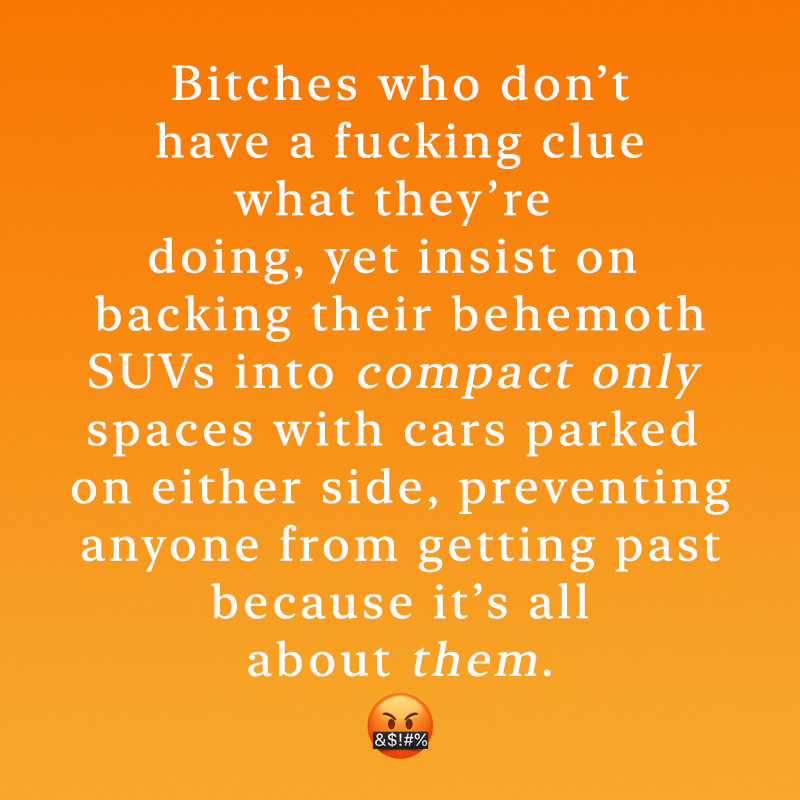
Submitted Without Comment
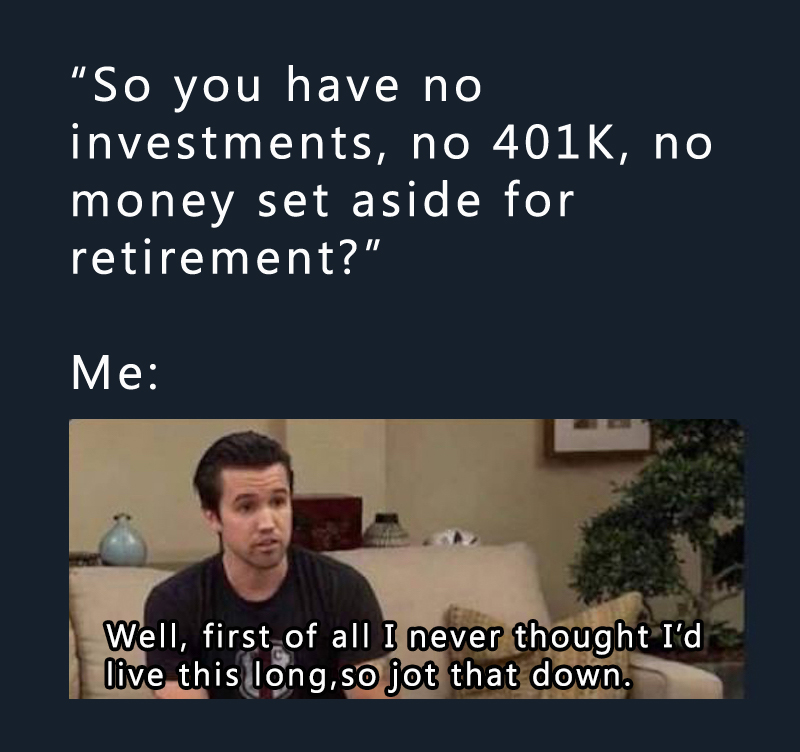
Donald Trump Loses in New Hampshire
A harbinger?
From The Palmer Report:
The New Hampshire primary isn't set to take place until Tuesday, but the remote locale of Dixville Notch traditionally kicks off the voting the night before, by staying up until just after midnight. The tiny number of voters in the town – just five voters across both parties – usually makes for an entertaining story. This time around, Donald Trump somehow lost the Republican vote in Dixille Notch, to someone who wasn't even on the ballot and isn't even a Republican.
Several major news outlets are reporting that Mike Bloomberg won the New Hampshire Democratic primary in Dixville Notch, by getting two write-in votes. This allowed him to beat out Pete Buttigieg and Bernie Sanders, who got one vote each. But it turns out Bloomberg also won the New Hampshire Republican primary in Dixville Notch by getting one write-in vote, while Donald Trump got zero votes.
All I have to say is

366 (It's a Leap Year, Boys) Days of UNF: Day 42

If You Despise Buttigieg and Think He is the Same as Trump, You've Fucking Lost Your Mind
From BoyCulture:
WAPO: Pete Buttigieg won Iowa, and it has opened a can of LGBTQ-powered whup-ass on his LGBTQ ass. It's absurd how over-the-top the reactions to Buttigieg are, especially within our own community. In no way to I think we have to vote for any LGBTQ candidate just because they're LGBTQ, however: (1) Why do so many jump to the conclusion that his supporters are voting for him only for that reason? It smacks of the same bigotry (even from within!) that was used in an effort to shame black voters and white liberal voters who supported Obama "just because he's black" and (2) if you despise Buttigieg and think he is the same as Trump, you've fucking lost your mind. The guy is an intelligent, thoughtful, dedicated public servant and veteran who has weaknesses like any other candidate, but whose campaign is historic and whose willingness to listen to the party's progressive wing in any eventual White House stay should strike you as exciting. He is not a corporate tool. Who cares if money comes from billionaires? Which billionaires is more interesting, and is anything expected in return? Money is not instantly corrupting. If it is, then Bernie is as corrupt as all the other nominees, and he's clearly not corrupt.
